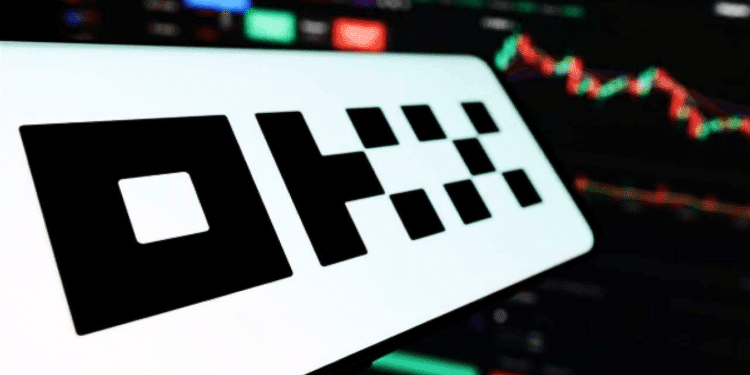OKX, a leading web3 and cryptocurrency exchange known for its commitment to providing diverse opportunities for users to participate in the Bitcoin ecosystem, just released a proposal for the BRC-30 token standard to enable the staking of BRC-20 tokens on Bitcoin.
BRC-30: A Staking Mechanism for Bitcoin and BRC-20 Tokens
BRC-30 is an open-source protocol that builds upon the design principles of BRC-20, a fungible token standard for the Bitcoin Network. This extension introduces functionalities for staking operations such as depositing, minting, and withdrawing, allowing users to earn BRC-30 tokens by staking their BRC-20 tokens or Bitcoin.
The BRC-30 staking mechanism enables users to do more with their tokens and rewards them for their contribution to the ecosystem. With BRC-30, a future is envisioned where BRC-20 token and Bitcoin holders can generate passive income while supporting the growth and development of the wider crypto community.
BRC-30 tokens offer an alternative means of creating incentives that operate independently of the Bitcoin consensus. By establishing a secondary market with its own circulating assets and distribution/issuance policy, BRC-30 tokens can effectively influence the demand for Bitcoin at specific times. Considered a form of interventionist policy, BRC-30 tokens have the potential to attract capital to the market by making enticing profit promises, even if they may not consistently deliver on those promises.
OKX’s Contribution to the BRC-30 Ecosystem
OKX has played a pivotal role in developing and promoting the BRC-30 standard. The company’s OKX Wallet will soon incorporate support for the BRC-30 standard, allowing users to earn passive income through staking without the need for active trading. This addition complements OKX’s curated DeFi earning products, further empowering users to participate in the Bitcoin ecosystem.
Potential Implications and Future Prospects
While the integration of staking mechanisms and the rise of Bitcoin NFTs have fueled excitement within the crypto community, some observers have raised concerns about potential adverse effects on the Bitcoin network’s health, such as increases in transaction fees and network congestion. However, with the open-source nature of the BRC-30 protocol, collaboration and innovation are encouraged, enabling developers to address any challenges and unlock new possibilities within the crypto space.
Conclusion
The introduction of the BRC-30 protocol and OKX’s support for the standard represent significant milestones in the development of the Bitcoin ecosystem. With the ability to stake BRC-20 tokens and Bitcoin, users can now earn BRC-30 tokens while actively participating in the network.
Furthermore, OKX’s commitment to expanding its services and integrating the Lightning Network for cost-efficient BTC payments demonstrates its dedication to enhancing its reach and catering to a broader audience. The proposed BRC-30 standard aligns with OKX’s vision of fostering a more inclusive and accessible Bitcoin ecosystem, providing users with means to participate in staking and earn rewards while supporting the growth and development of the wider crypto community.














